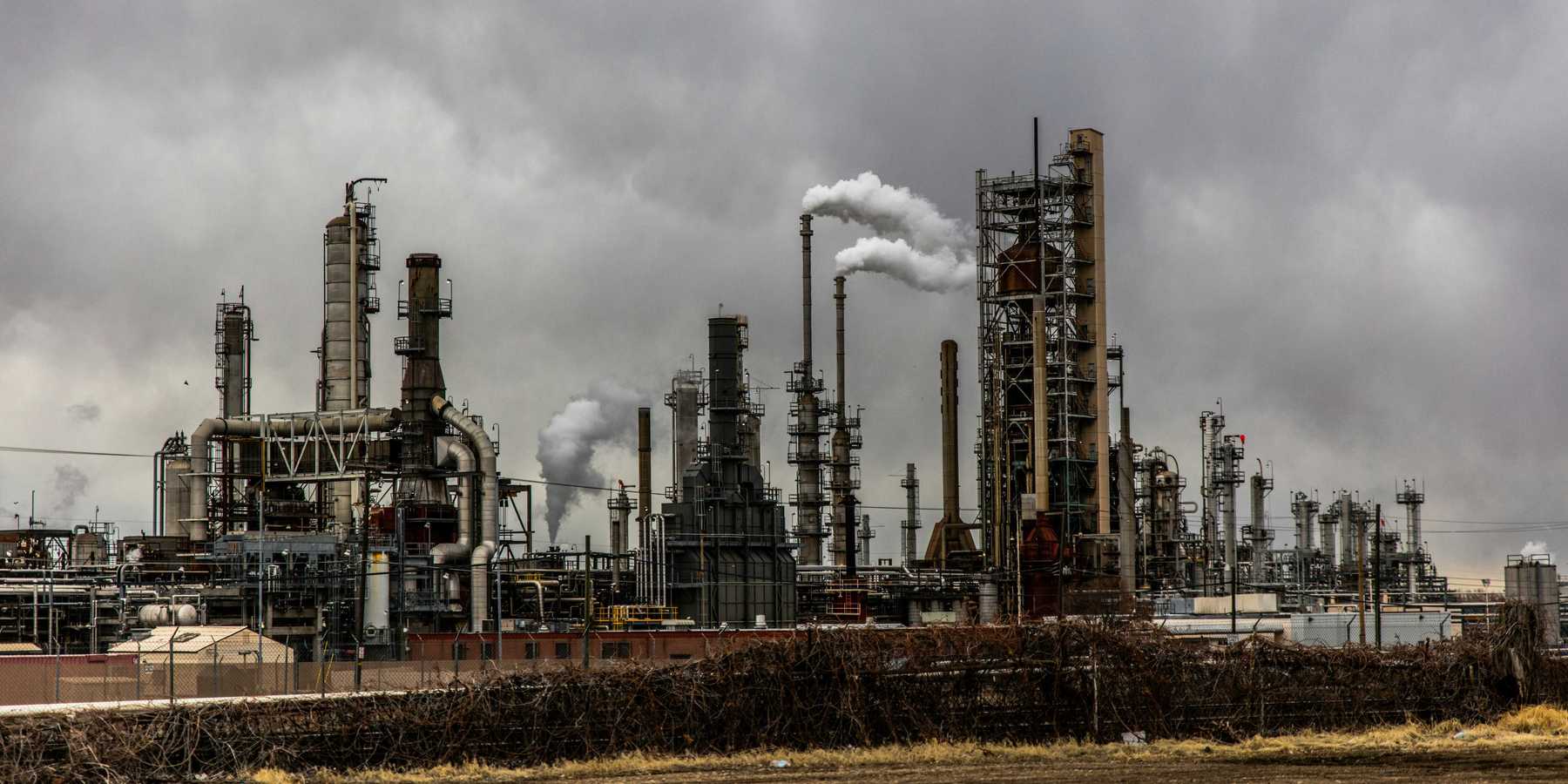23 January 2025
The U.S. is falling short on food waste reduction goals
The U.S. generates as much food waste per person as it did in 2016, leaving the country far from its 2030 target to halve food waste, according to researchers at the University of California, Davis.
Frida Garza reports for Grist.
In short:
- Americans waste an estimated 328 pounds of food per person annually, unchanged since the 2016 launch of a federal reduction initiative.
- Federal inaction leaves states unable to meet food waste goals despite composting and other strategies, researchers say.
- Experts emphasize preventing waste at its source, such as improving food labeling and reducing overproduction, over relying on composting alone.
Key quote:
“It’s really thinking about the best use of food, which is to eat it.”
— Sarah Kakadellis, lead author of the study
Why this matters:
Food waste in landfills contributes to greenhouse gas emissions, exacerbating climate change. Preventing waste at the source can conserve resources, reduce emissions and improve food security. Without stronger federal leadership, current efforts may fall short.
Related EHN coverage:













